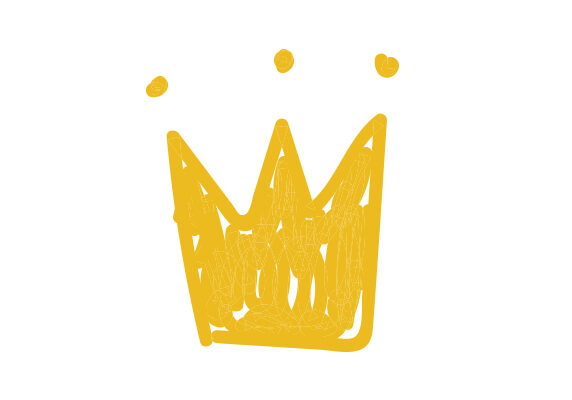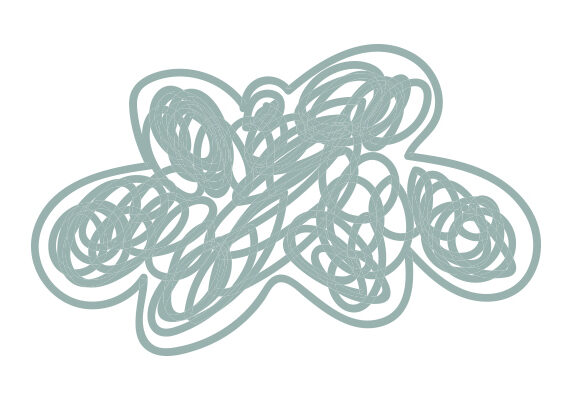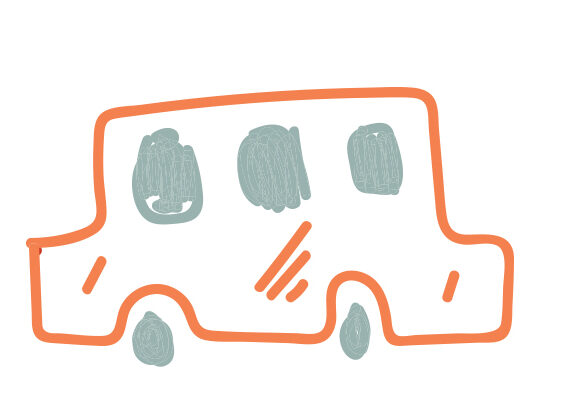Advice for Educators
“ONE RECURRING THEME ACROSS ALL MY STUDIES was that schools are not just places of education but very often, especially in small communities, a hub of their communities. Communities look to schools as places of support and at principals and teachers as people who know what to do (even if that is not how they see themselves).
While each crisis context is new, there are some things we can learn from other on-going and post-disaster contexts. I have tried to provide advice for schools following any crisis based on my research in multiple disasters.”
~ Professor Carol Mutch, Education Commissioner for UNESCO New Zealand and researcher in disaster response and recovery at the University of Auckland

LOOK AFTER YOURSELF AND EACH OTHER

GETTING READY FOR THE RETURN TO EDUCATION

WHEN EDUCATION RECOMMENCES

LONGER TERM, HOWEVER THAT MIGHT LOOK
ADVICE FROM SCHOOL LEAdERS
What does leading through a crisis mean to you?
How did Covid-19 change your idea of leadership?
What advice would you give to school leaders when the next crisis strikes?
ADVICE FROM TEACHERS
How did your role as a teacher change?
How did you try to help children make sense of what was happening?
What is the most important learning you will take away from your Covid-19 experience?
tips for teacher's well-being during crisis
Emily Gibson, well-being and trauma-informed practice educator, shares her top 4 well-being practices for educators who are working in post-crisis or trauma environments. Although these practices are particularly relevant in crisis settings, they are also supportive for well-being at any time.
Please consider these tips to be ideas. They may not all resonate with you and that is okay. It is important to find what works best for you!
TALKING TEACHING
Dagmar Dyck and Professor Peter O’Connor discuss the teaching and learning approaches to the unit of work, Making A Kahoa Kakala. They discuss the importance of bringing the outside world into the classroom and the importance of the teacher bringing her own life experience into the room too. Dagmar talks about Tapasā as a ‘way of being’ in a classroom.
Helen Hansen - a teacher at Somerset Kindergarten in Palmerston North shares her experience facilitating one of the Early Childhood Education lesson plans, Finding Something You Lost.






